T-Mobile's T Life app can drain your phone's battery and tie up its resources

T Life is the app that replaced the T-Mobile Tuesdays app last January. The app, available in the App Store for iPhone users, can be downloaded from the Google Play Store for Android users. Besides showing you all of the discounts and freebies available to you via the T-Mobile Tuesdays rewards program, the app can be used to reserve those T-Mobile Tuesdays perks that can be picked up at your closest T-Mobile store.
You can also manage your T-Mobile account using the T Life app including the ability to add a line, change your plan, make a payment, get the status of your EIP (Equipment Installment Plan), track your data usage, and manage your T-Mobile home internet plan. It can also be used to set up SyncUP KIDS smartwatches. But there is an issue with the app.
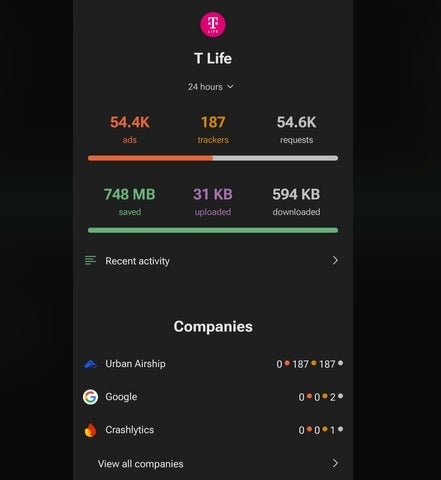
One T-Mobile subscriber's T Life app attempted to send him over 54,000 ads in 24 hours
A photo posted on Reddit of the T Life app monitored by the AdGuard app shows that in the space of 24 hours, T Life tried to push out over 54,000 ads and 187 tracker requests to the specific T Life user. The ads and trackers were blocked by AdGuard.
"The T Life app is straight up trash....this app is just meant to push a bunch of bullshit onto the customers. T-Mobile is in full vampiric revenue mode right now trying to pinch pennies and suck blood out of turnips everywhere they can."-Reddit user Tree_of_Woes
One Reddit user said that the number of ads is so high because when the ads, metrics, and analytics APIs are blocked by AdGuard and can't reach their destinations, requests continue to be sent out like a brute force attack. The problem is that the constant attempts to block ads and trackers that follow the user around the internet could drain the battery on a T Life user's phone and tie up some of the device's resources.
"You're seeing those numbers so high because the advertising, metrics, and analytics APIs that are being blocked don't throttle their behavior when they can't reach their destination, so they just hammer out requests constantly to try and break through...which is also terrible in design, and leads to the second problem. This behavior ends up draining your battery and unnecessarily using resources. Especially when there are valid scenarios outside of adblocking/metric blocking where these APIs may not be able to communicate (say corporate, airplane, high-security, etc wifi that might severely limit access) and should never hammer requests.
But also, apps: don't be shitty. Few of us care about your perceived value in hidden metrics, instrumentation, and ads that use our data and our battery power.
T-Mobile specifically, you're a paid service, you should be doing zero of this."-Reddit user ChainsawBologna
But also, apps: don't be shitty. Few of us care about your perceived value in hidden metrics, instrumentation, and ads that use our data and our battery power.
T-Mobile specifically, you're a paid service, you should be doing zero of this."-Reddit user ChainsawBologna
It appears from the shared image that Airship (formerly Urban Airship) is the company behind the 187 tracker requests that the T Life had blocked. Airship is a mobile engagement company that uses push notifications, in-app messaging, email, and SMS to send personalized and targeted messages that attempt to reach customers on their mobile devices.
Follow us on Google News


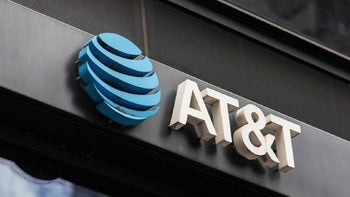
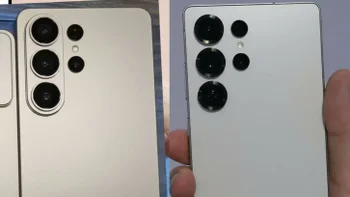
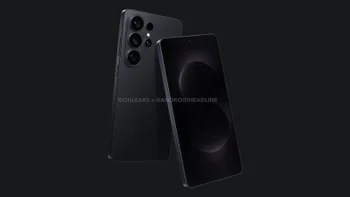

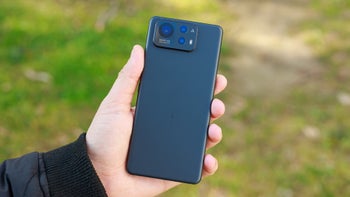







Things that are NOT allowed:
To help keep our community safe and free from spam, we apply temporary limits to newly created accounts: